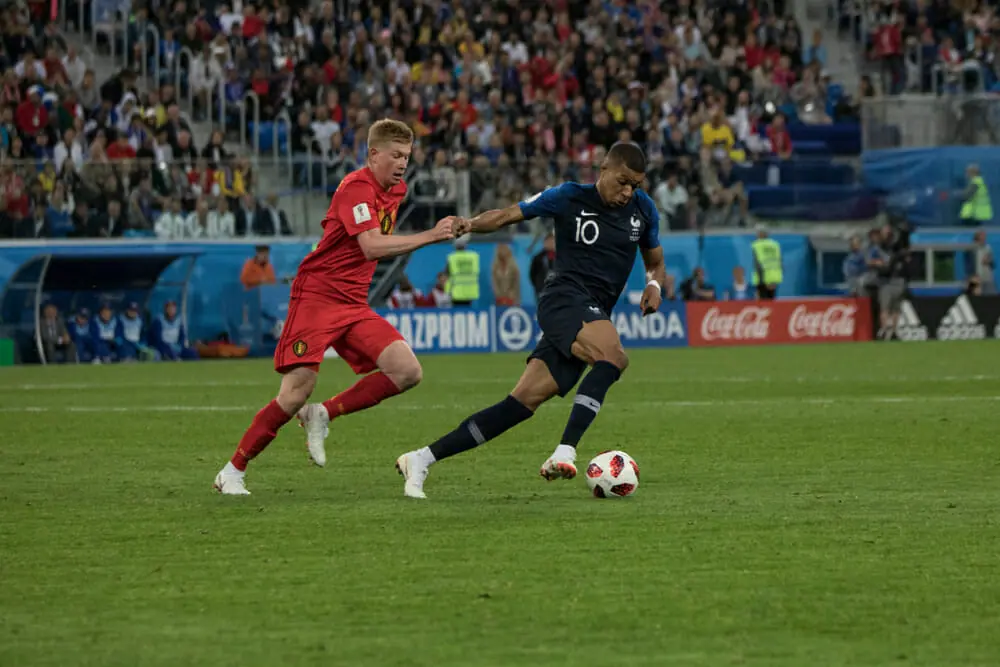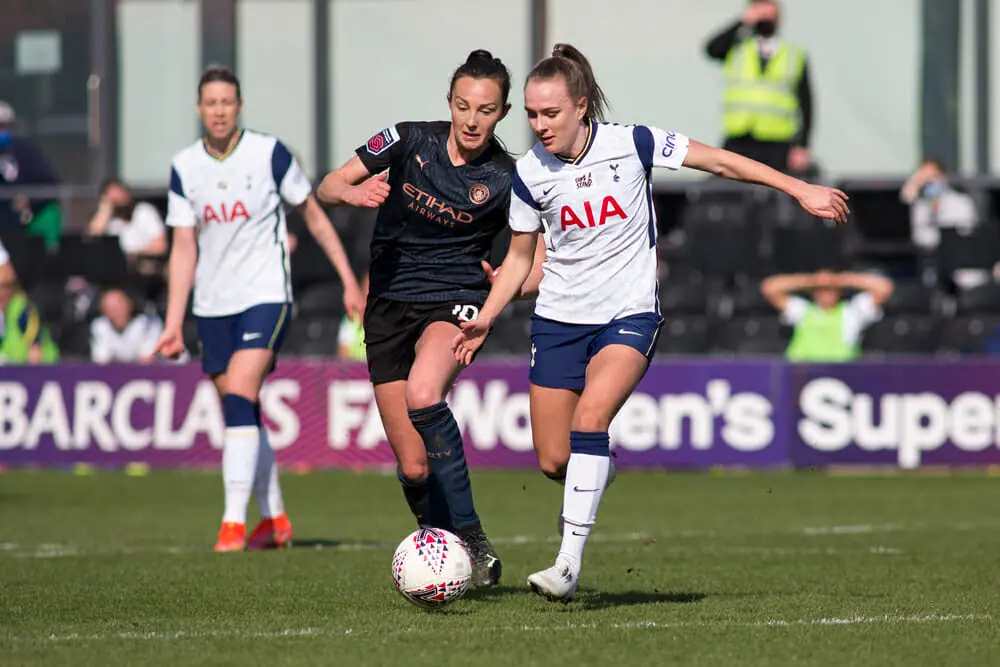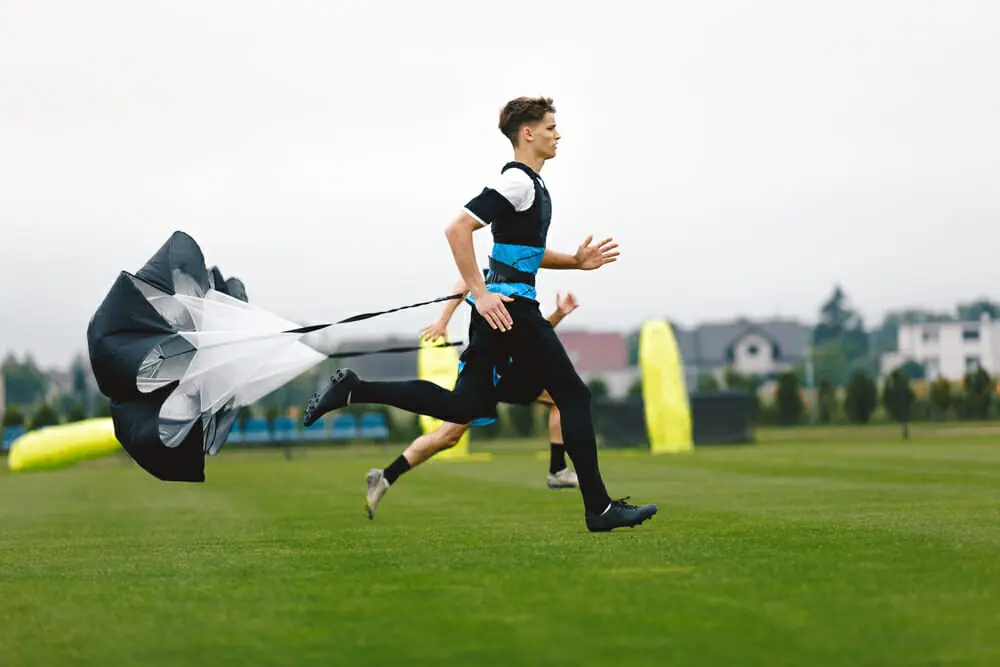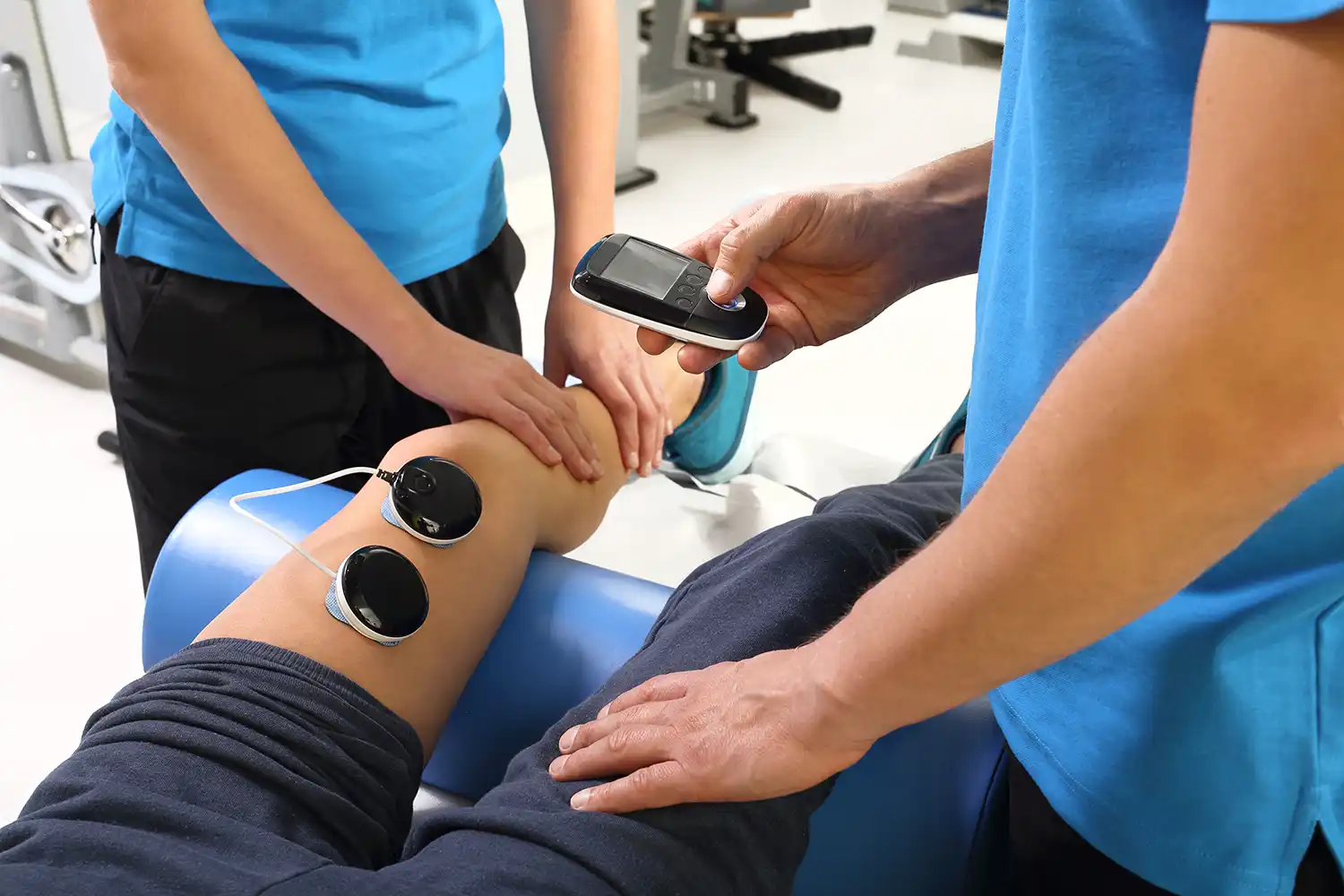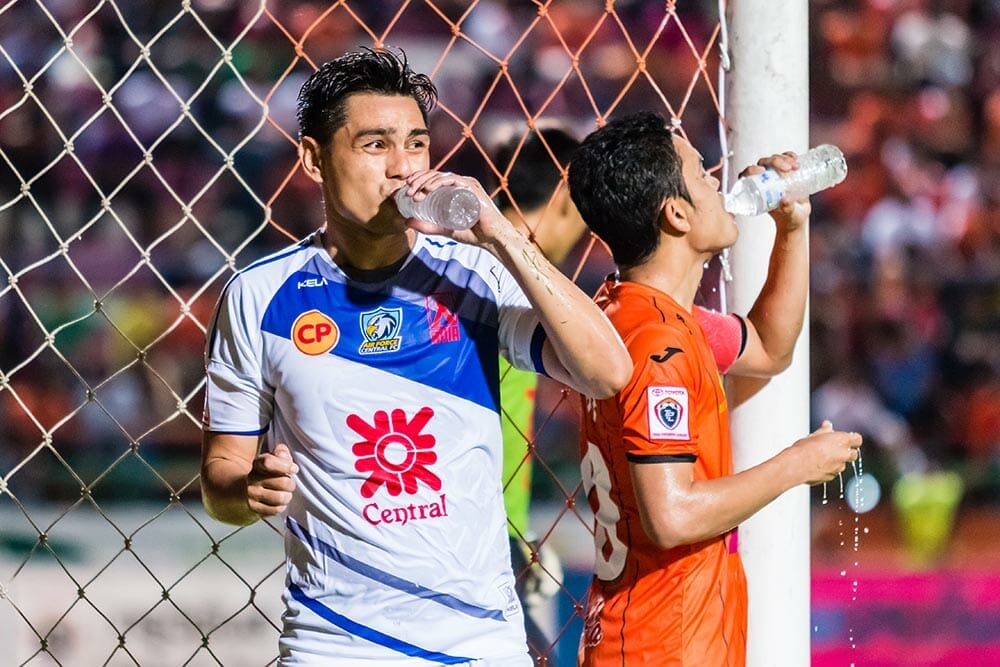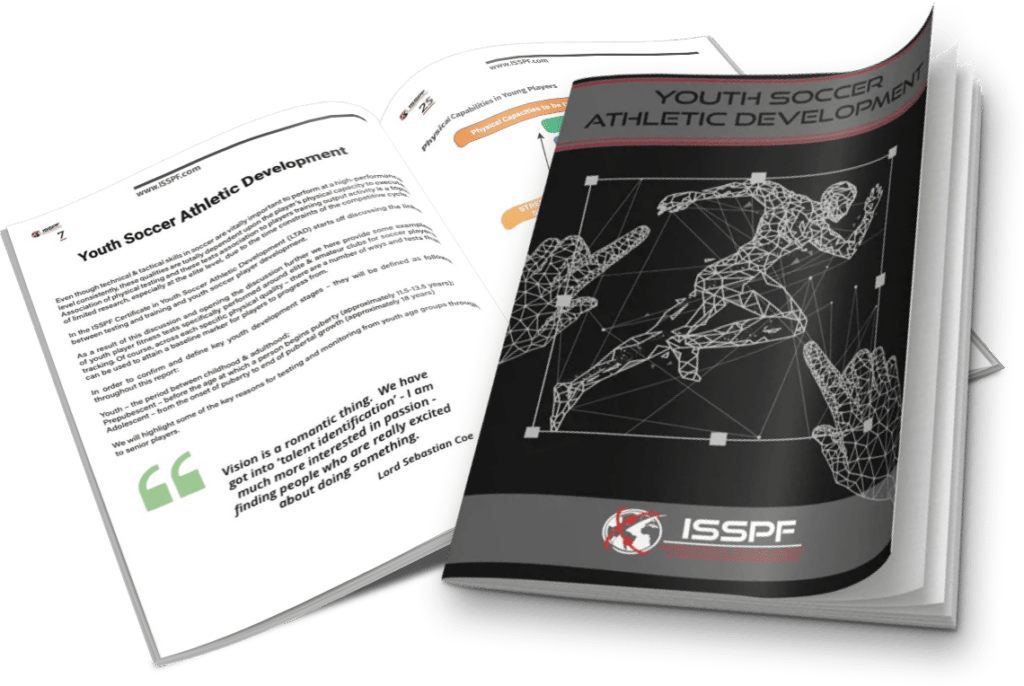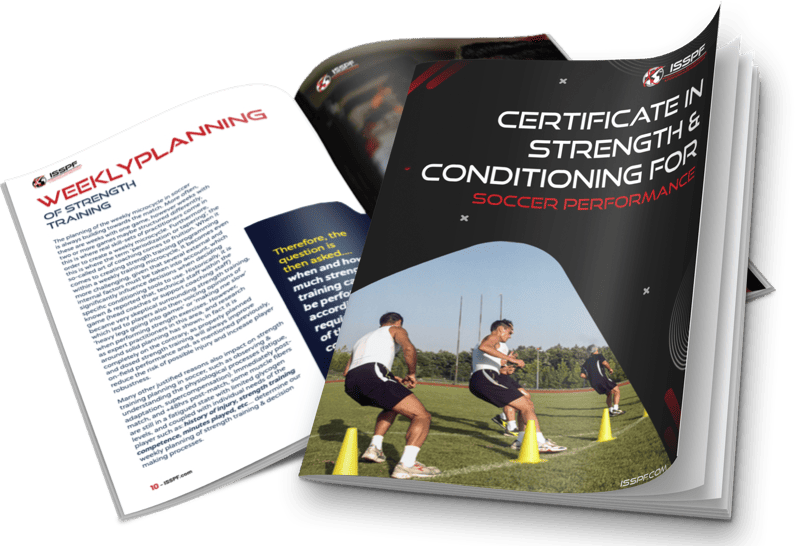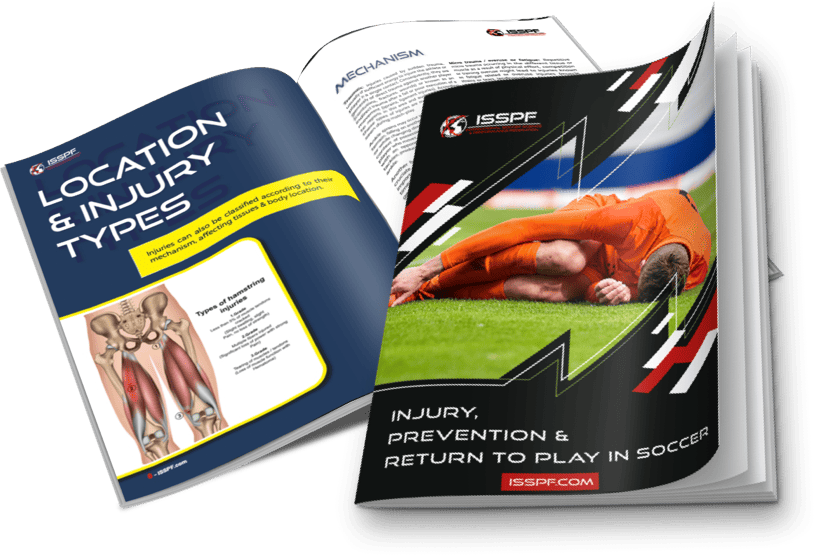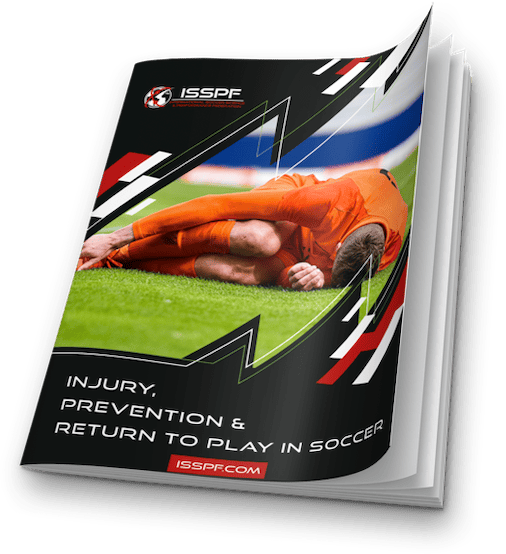One of the main objectives of any training professional, coach or manager should be to know what the demands of their sports require in order to prepare their athletes in the best possible way.
In the particular case of fitness training or physical preparation, the conditioning variables are ones that are continually scrutinised, & require high levels of planning from a short, medium and longer term.
Recently, it was reported that the French World Cup Winning forward, Kylian Mbappe clocked an incredible 22.4mph whilst running from his own 6-yd box to score on the counter-attack for Paris St. Germain versus Marseille in Ligue 1. The explosive striker, who was revealed as the fastest player in world soccer, marked another milestone with a very memorable & rocket-launched goal!
The consistent high performance of this sport depends on multiple factors, of which the technical, tactical, psychological and physical aspects, as well as the interactions between them, are vitally important.
The Impact of Running in Football
During a 90-minute game, a professional footballer usually travels around 10-12km intermittently, performing between 1000 and 1400 short-time actions, generally less than 5 seconds and rarely above 10. A significant number of these activity changes are due to changes of direction.
Only 1.5 to approx. 3% of the total distance is covered is with possession of the ball, which generally equates to ~ 200 meters.
Wingers are players whose positions usually perform higher values in this data set. It has been suggested that around 70% of the distance covered is below 11km/h and that 200-500 meters are accumulated above 23km/h.
There are differences in the distance covered at different intensities depending on the position, with midfielders consistently accumulating the greatest distance.
Furthermore, full-backs, wingers and strikers are positions with greater distance at high intensity and sprinting levels. Interestingly, across levels of play, full international players cover 28% more distance in high intensity zones and 58% more sprinting distance (+24% in women’s football) than non-international professional players.
One research study performed by Faude et al. (2012) showed how 83% of goals were preceded by an explosive action (i.e. jump, sprint).
Specifically, in the German Bundesliga, it was found that the most frequent action before scoring a goal was the straight-line sprint without a ball (45%), followed by jumps (16%), dribbling and changes of direction (6% each).
Balance in Training is Key
Obviously, any professional in football training should be aware that physical abilities are only one of the important factors in performance, but its complex and multifactorial nature prevents a reductionist analysis of the reality of this sport.
In fact, it is equally necessary to highlight, as technical-tactical performance indicators, the percentage of possession that takes place in the rival field, the number of passes made to the last third of the field (finishing zone) or the proportion of successful duels and 1 vs. 1 situations.
In addition to the technical and tactical skills required, it can be highlighted that strength, speed, agility and the ability to repeat high intensity actions are the main physical determinants of soccer performance (Turner & Stewart, 2014).
As a result of this overview and modern data provided here, it should guide all individual considerations when developing and designing training sessions for the correct preparation of soccer players.
ISSPF Football Science Course
The demand for football science, sports science, athletic trainers, sport therapists, and performance & coaching specialists in team sports is growing year upon year.
What now? How do I further my knowledge & career in football? What’s the next step? Which area of sport or football science & sports medicine do I want to specialise in?
This is certainly an interesting question as progressing from completing a sporting, fitness, medical or therapy related degree to then working in professional football & trying to understand all the key components, soft skills that come with jobs in football or careers within the sport.
As a result, the bespoke courses developed by ISSPF Football Science & Coaching Faculty members are a way of further exposing learners, professional coaches, students, or other individuals interested in football science with a thirst to develop & upskill further.
The link below will take you to the hugely popular Soccer Science & Performance online sport science course, where you will be exposed to soccer coaching, sports medicine & football science with a coaching science led research overview, and practical examples used by the game’s leading practitioners.
Soccer Science & Performance Course
How Will This Course Improve You?
- Provides justification for the guidance of specific training methods, interventions & decision-making processes within soccer.
- Highlights the practical application of modern, research-based training methods & assessment tools.
- Provides increased evidence & knowledge to understand key soccer science & performance processes across a range of coaching science topics.
- Discusses the most efficient training methods and detailed insights into developing player fitness alongside rehabilitation & training methodologies.
- Learn from industry experts in the area of football science, nutrition, sport science & performance training in team sports.
- Help maximise your decision-making through a better understanding & appreciation of football or soccer science.
What Does This Course Cover?
Module 1: The demands of professional soccer: Physiological costs of the game
Lecturer: Dr. Vasilis Kalapthorakos (Greece)
Topic: Physiology
Module 2: Developing Resilience in Soccer: Mental Skill Development
Lecturer: Dr. Nikki Crawley (England)
Topic: Psychology
Module 3: Game model building & development: Reinterpreting Tactical Periodisation
Lecturer: Dr. Alejandro Romero-Caballero (Spain)
Topic: Training Methodology
Module 4: Injury reduction strategies in professional soccer
Lecturer: Dr. Patrick Orme (England)
Topic: Injury Prevention
Module 5: Leadership and Culture for High Performance Soccer
Lecturer: Maximillian Lankheit (Germany)
Topic: Psychology
Module 6: Current trends in leading European soccer teams: In-Possession
Lecturer: Chris Meek (England)
Topic: Performance Analysis
Module 7: Soccer nutrition & the role of the nutritionist
Lecturer: Matthew Jones (England)
Topic: Nutrition
Module 8: Competitive soccer training microcycle: Structure & justification
Lecturer: Dr. Manuel Segovia (Spain)
Topic: Training Methodology
Soccer Science & Performance Course
Share this article:
